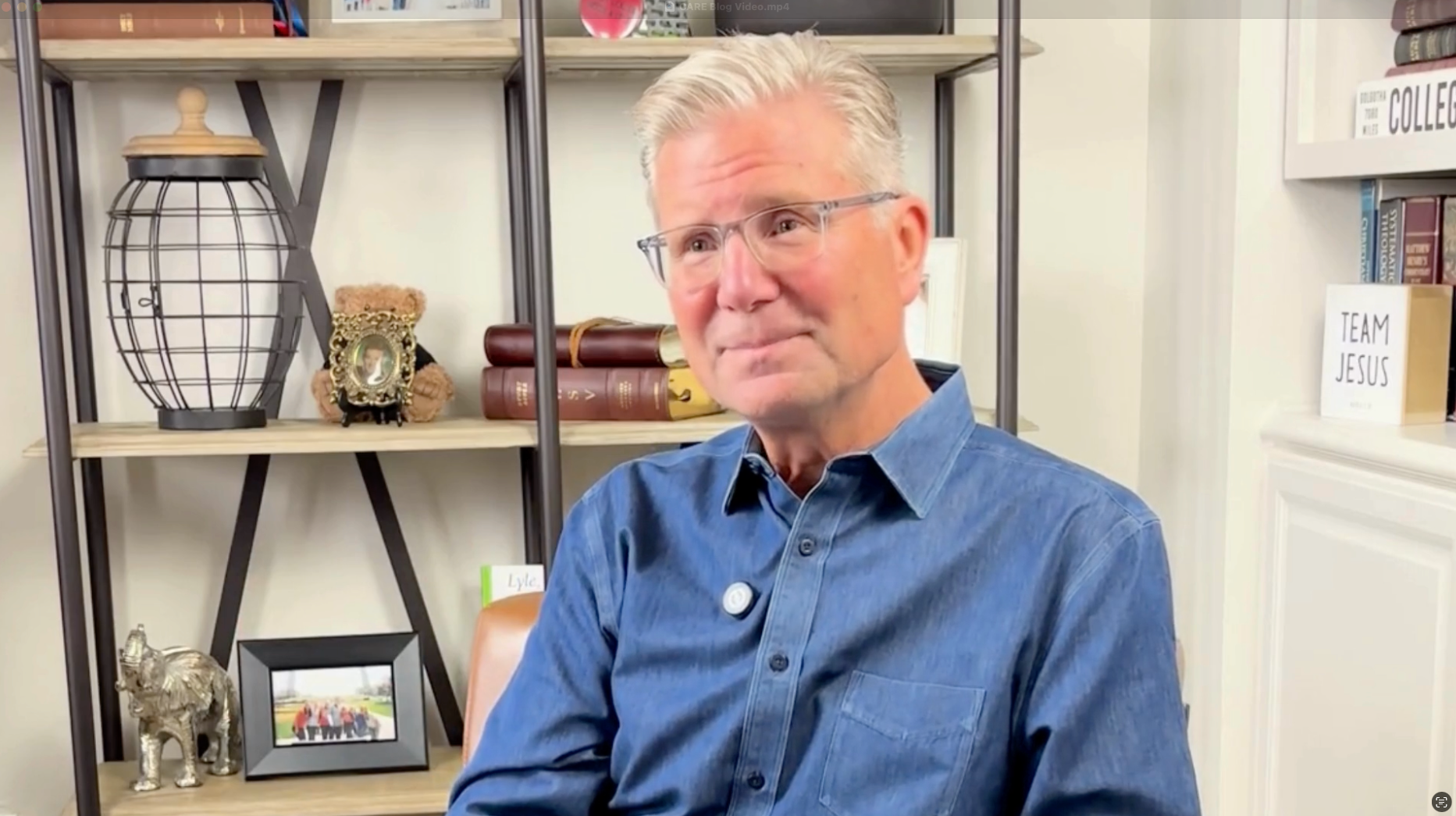info@integrus.org
The 4 Types of Organizations: Improving Workplace Communication

Lyle Wells
President
Miscommunication is one of the main reasons your team is not living up to its potential.
Leaders, if your team is not communicating effectively, your team is missing opportunities to align around your mission and accelerate the outcomes of your organization. I see this time and time again as I work with high-capacity leaders and effective teams.
After 18 years of serving leaders, I've identified four distinct types of organizations as they relate to communication.
- Siloed
In siloed organizations, communication is nearly non-existent. Teams don't talk, and they certainly don't communicate effectively. Despite being able to achieve productivity in a siloed environment, working in such organizations is neither fun nor healthy. While tasks get done, the lack of communication can lead to a disconnected and uninspiring workplace. - Struggling
Struggling teams don't engage in open conversation but communicate through passive-aggressive actions. Late arrivals, early departures, eye rolls, or phone distractions during meetings define the subtle yet damaging communication within these organizations. Despite their attempts at conveying messages indirectly, the overall work atmosphere is one of struggle, with neither fun nor fruitful outcomes. - Stagnant
Stagnant organizations are characterized by constant chatter without meaningful communication. Often observed in a significant number of Christian organizations, there is an abundance of words, encouragement, and banter, creating a seemingly fun environment. However, this excessive talk fails to translate into meaningful progress. They can be fun but not fruitful. The organizations remain stagnant, unchanged over time, with a lack of substantive communication affecting their overall productivity. - Successful
The pinnacle of organizational communication is found in successful workplaces where teams both talk and communicate effectively. These organizations are not only sincere in their interactions but also successful in achieving their goals. Leaders want to be a part of successful teams, no one wants to be average! Successful teams foster a fun and fruitful workplace. The combination of meaningful dialogue and effective communication sets these organizations apart, creating an environment that fosters both personal and professional growth.
I want to challenge you to take a moment today to identify which type of organization you're a part of and improve your team's communication style.
And the last thing I'll say is this: don't settle.
I know we all get in the rhythm of sending lots of texts, emails, and Slack messages. There's no lack of notifications on your team. They are talking to each other. But is your team really communicating? Is everyone on the same page? Do you have a culture of honest feedback and clear expectations? Or, are you going through the motions and hoping for the best?
My prayer for you is that you would work to level up your communication so that your organization if fun and fruitful.
If you want a conversation partner to discuss your organization's communication style, reach out to Brent. I've asked him to make time on his calendar for you this week to make a game plan for your team.
Take Your Leadership to the Next Level
Schedule a Session with Brent
Take advantage of this free offer to schedule a coaching session with Brent, and discover how an executive coach can propel you towards reaching your goals and leading your team well.

















